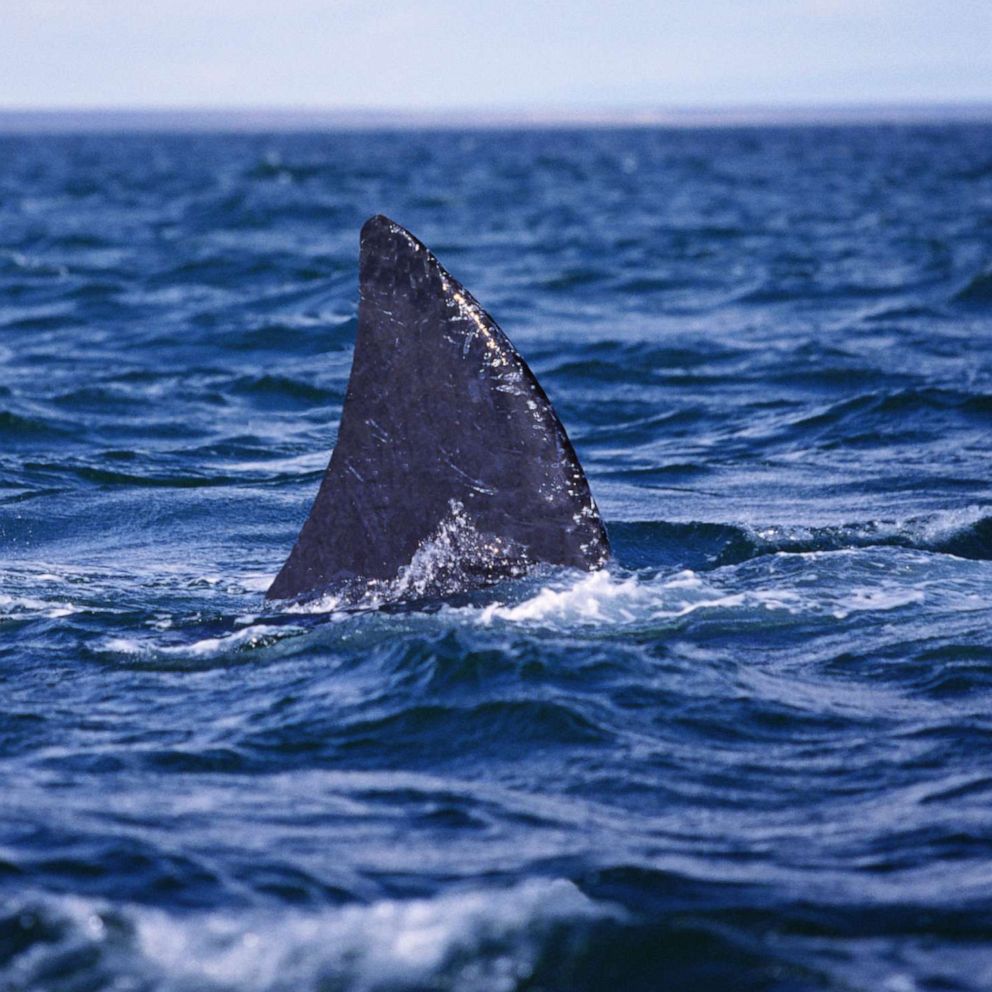South Pole: Stroke Victim Waits for Plane Flight
Renee Douceur, stroke victim, promised plane Oct. 17
Oct. 11, 2011 — -- Renee-Nicole Douceur, who suffered an apparent stroke at the South Pole in the dead of winter, may be less than a week from rescue.
A plane will come to get her and a medical attendant around Oct. 17, and take her from Amundsen-Scott research station to a hospital in New Zealand, if the weather allows.
But that's a big if. It is still winter at the pole, with temperatures of 58 below zero at last report. In October, less than a month after the equinox, there is constant twilight. Winds can kick snow hundreds of feet into the air, making it dangerous for a plane to land on the ice.
Raytheon Polar Services, the contractor that runs Amundsen-Scott, said it was possible that a plane currently in Chile might be able to fly to the pole as soon as Oct. 13 or 14, depending on weather. But it does not have a pressurized cabin, and if indeed Douceur has had bleeding or a blood clot in the brain, she said, a change in air pressure might worsen her condition.
"Six days to go," said the headline on SaveRenee.org, the website set up by her niece and friends to lobby to get her out earlier.
The National Science Foundation, which runs Amundsen-Scott, said it would have been dangerous to send a plane any earlier, when the pole is in almost constant darkness.
"In considering whether to attempt a very risky emergency medical evacuation during the challenging winter season in Antarctica," said the agency in an emailed statement, "NSF must always balance the patient's condition with the possibility for injury or the loss of life of the patient, the flight crew and personnel on the ground at South Pole against the potential benefits to the patient."
Since Aug. 27, when Douceur had what the base doctor thought might have been a mild stroke, she and her family have been locking horns with the NSF and Raytheon. Douceur said her vision was impaired and her speech was slurred.
Raytheon said an earlier flight, in the darkness of winter in the southern hemisphere, was dangerous; Douceur's family accused them of putting money ahead of a human life.
"It's extremely frustrating," Douceur said in a telephone interview with ABC News. "I know as an Antarctica worker, especially working in the winter time here where it is very remote and isolated and planes don't normally come, it is frustrating to wait to get to a hospital to wait to see what's wrong with you."
Douceur, 58, has worked in Antarctica for three years, and, like all polar workers, said before she went that she recognized the risks. If illness strikes in the middle of winter at the pole, or a loved one dies back home, one is isolated, far from help.
"As much as I have loved this program over here it's time for me to leave," she said. "It's time for me to get out of here."




